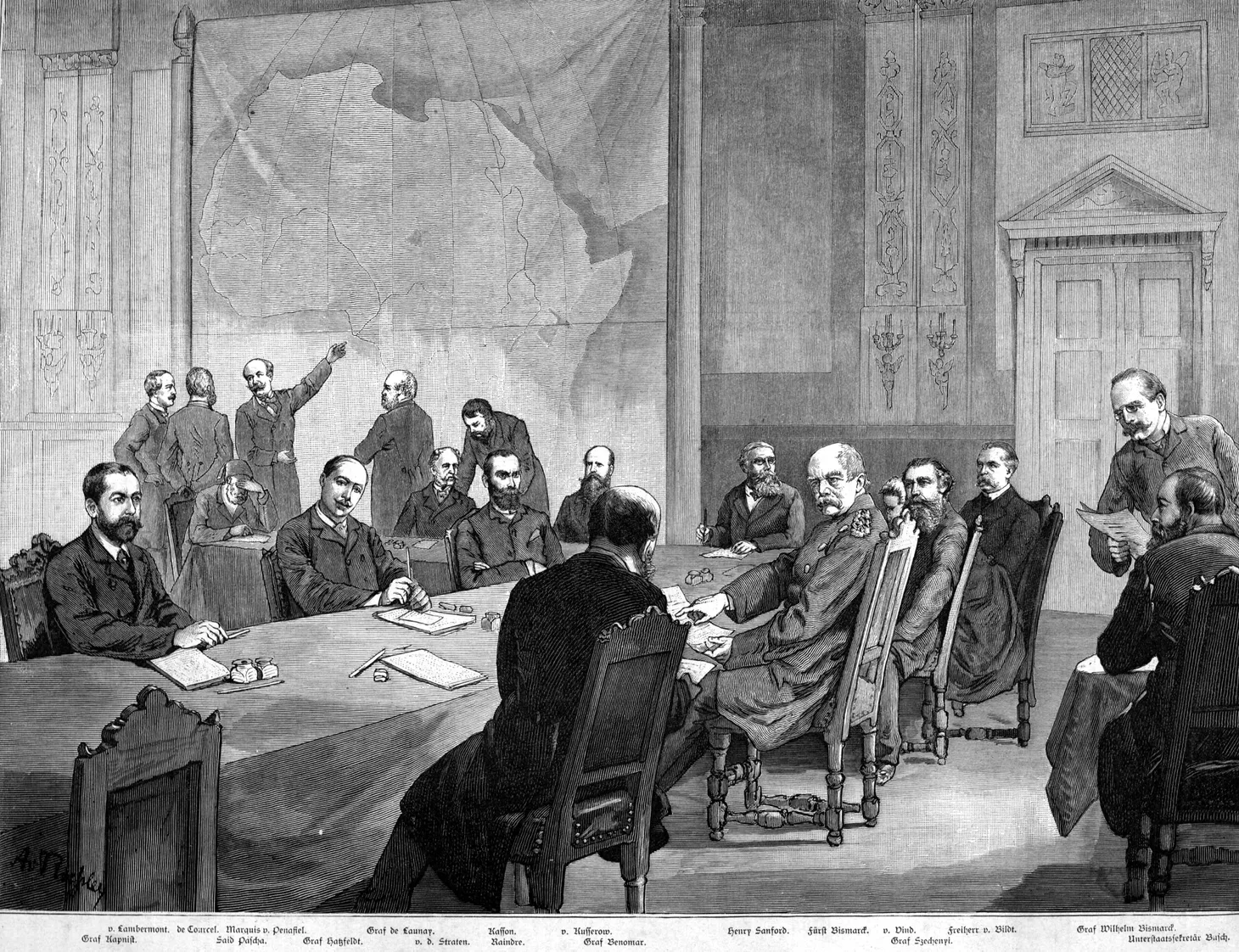Africa
“Men of the Spoken Word”: Teaching West Africa, c.1200 - c.1600
A discussion of the challenges of teaching medieval West Africa in world history courses and how to use voice of the griots as a way to explore multiple perspectives/
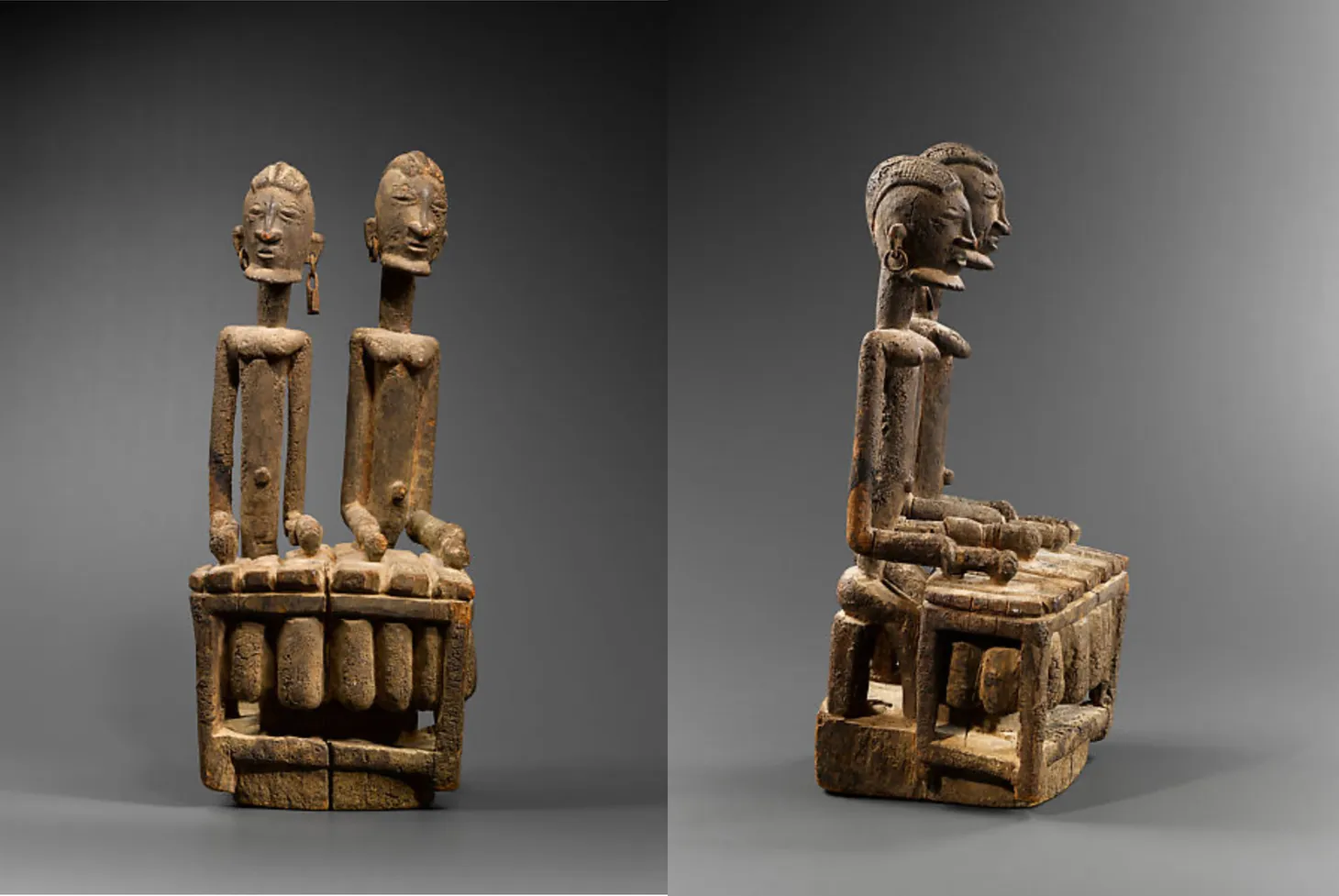
“Suffering the Most Excruciating Torments”: The Height of the Transatlantic Slave System, 1650-1850
A discussion of how to teach the transatlantic slave system in the late seventeenth, eighteenth, and nineteenth centuries.
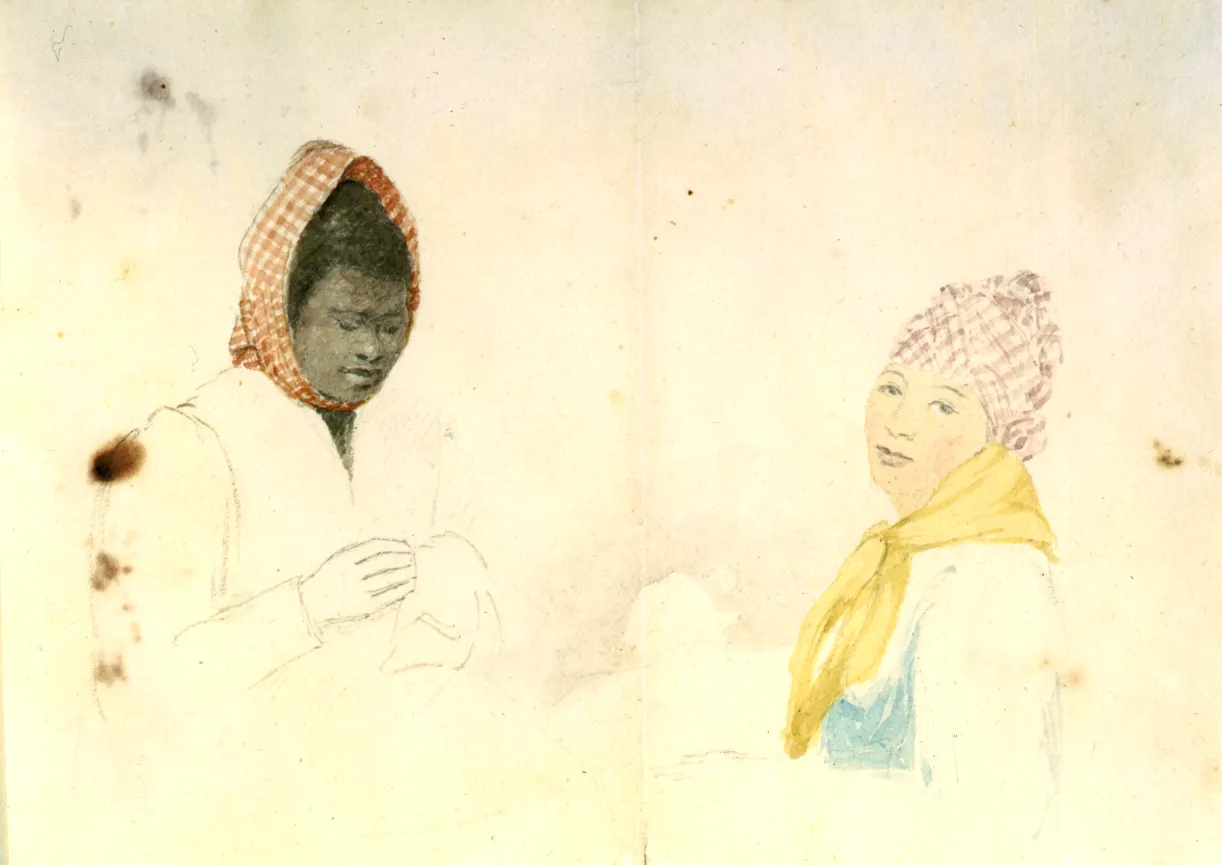
“We Cannot Reckon How Great the Damage Is”: Origins of the Transatlantic Slave System, c.1450 - c.1650
Discussion of how to teach the origins of the transatlantic slave system with a focus on understanding the different regional and global consequences
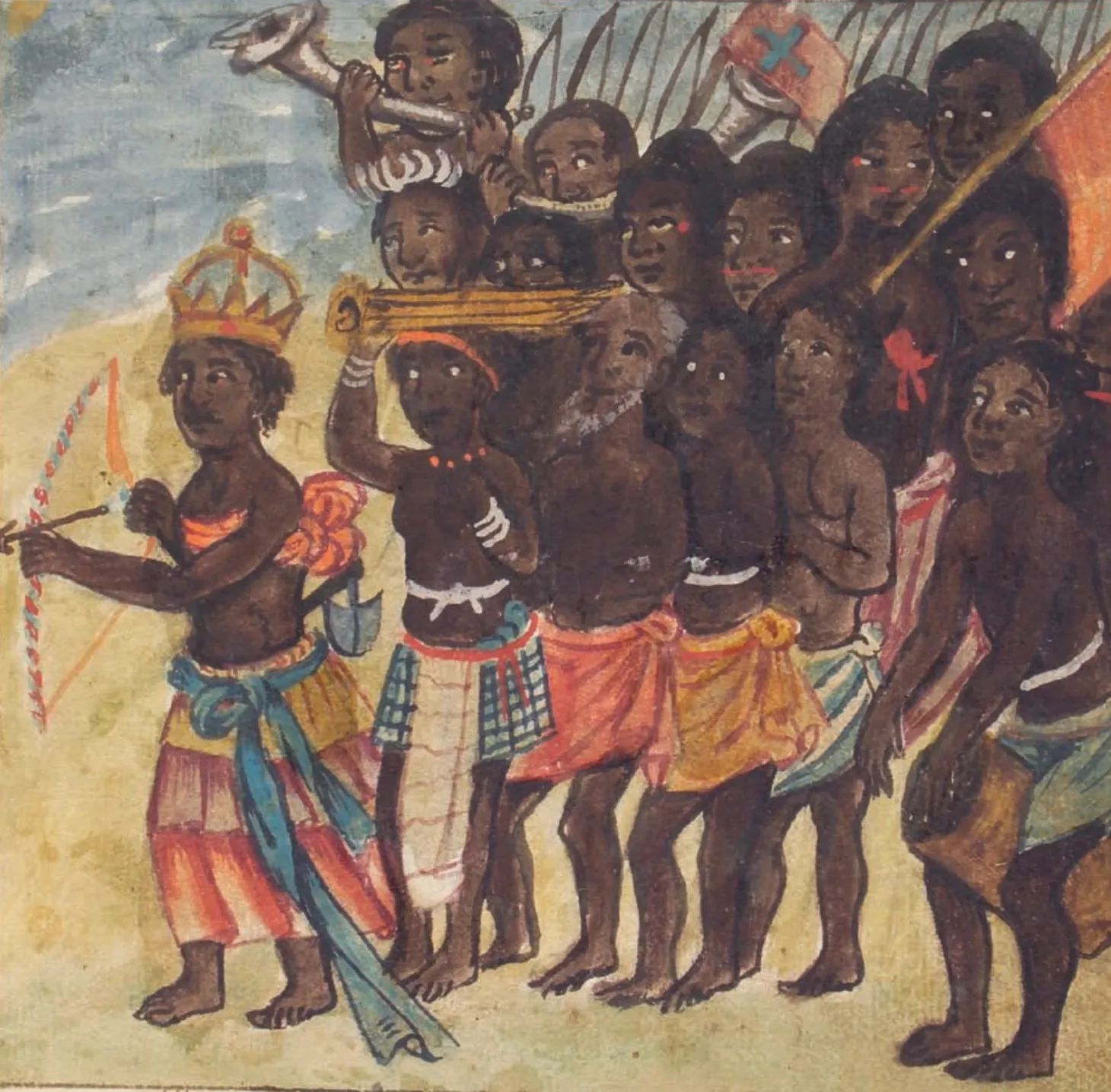
"People Who Have Interrupted Empire": African and Indigenous Resistance in the Sixteenth and Early Seventeenth Centuries
I’ve looked at more world history textbooks than I want to admit. One thing almost all of them have in common is some discussion of Portuguese maritime expansion along the western coast of Africa in the fifteenth century and the Spanish and Portuguese conquest of the Americas in the
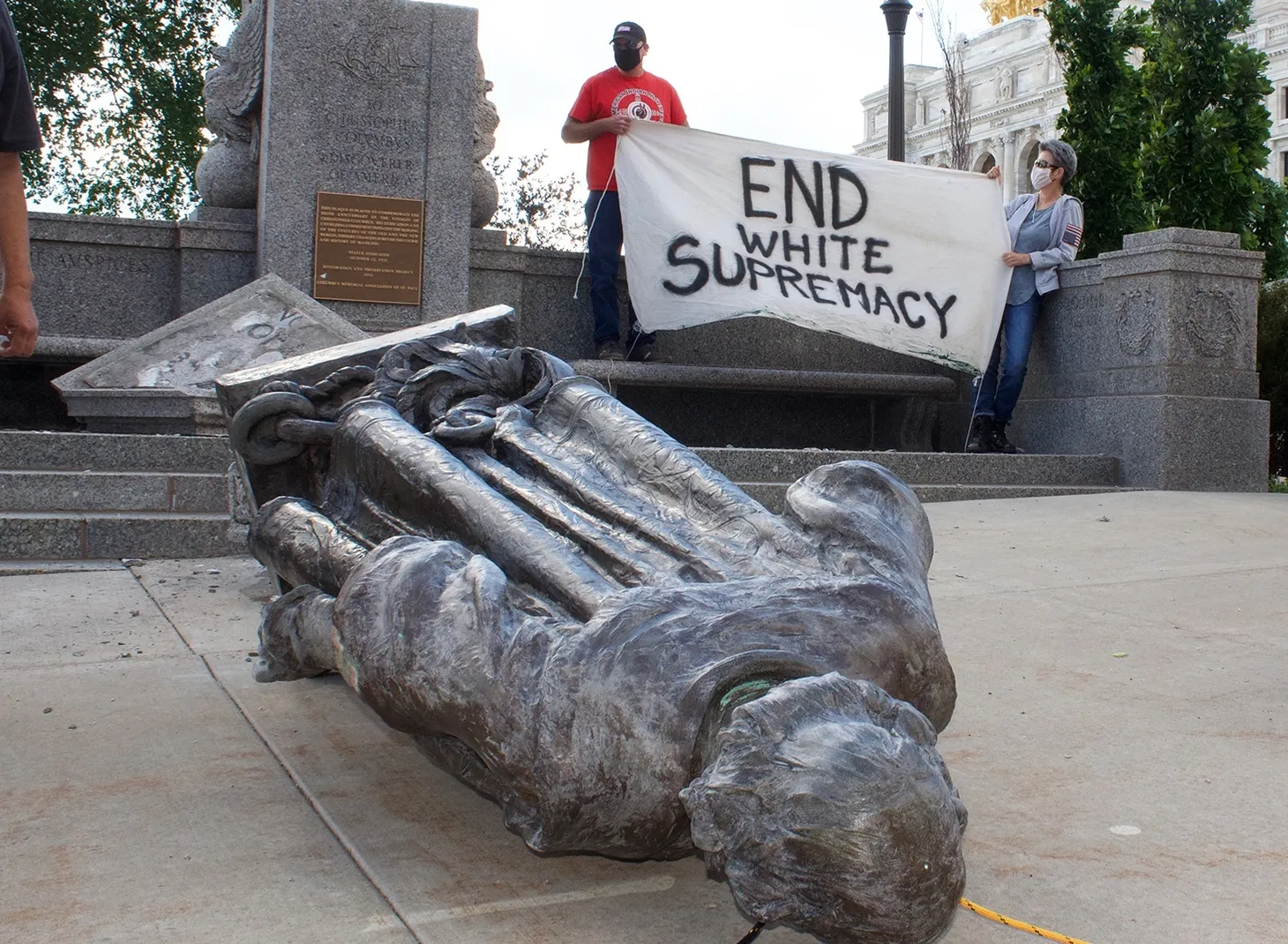
Less Scrambling, More Reflecting: How We Can Better Teach about the European Colonization of Africa
Every year thousands of teachers of world history teach about the problematically-named “Scramble for Africa”, and many of them make use of a popular classroom simulation that seems to have originated in the 1990s, based on what some teachers have told me. I remember first seeing pictures of the activity
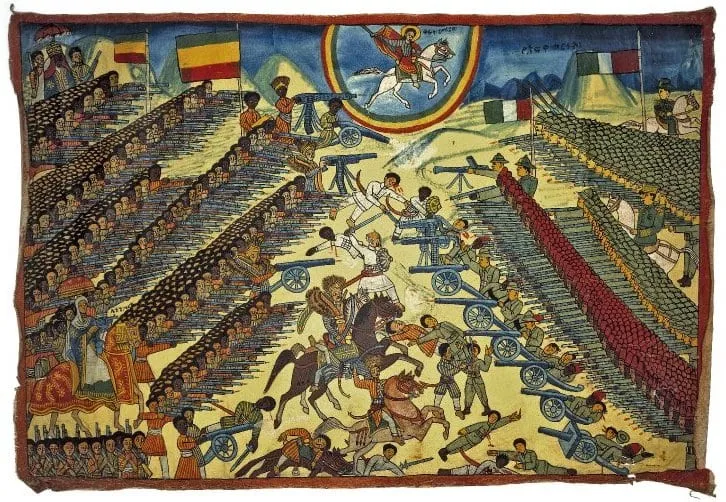
Revolutionary Revolutions: Rethinking how we teach the political revolutions between 1750 and 1900
Dear #APworld teachers, if you want a fresh, global approach to teaching revolutions, come check out our #whapchat discussion this week led by @ERBeckman and @bramhubbell - I know I’m spending some time this weekend revamping my lessons! #sschat #worldhistory #historyteacher https://t.co/Av5nMPkyfp — Angela A. Lee (@mrshistorylee)
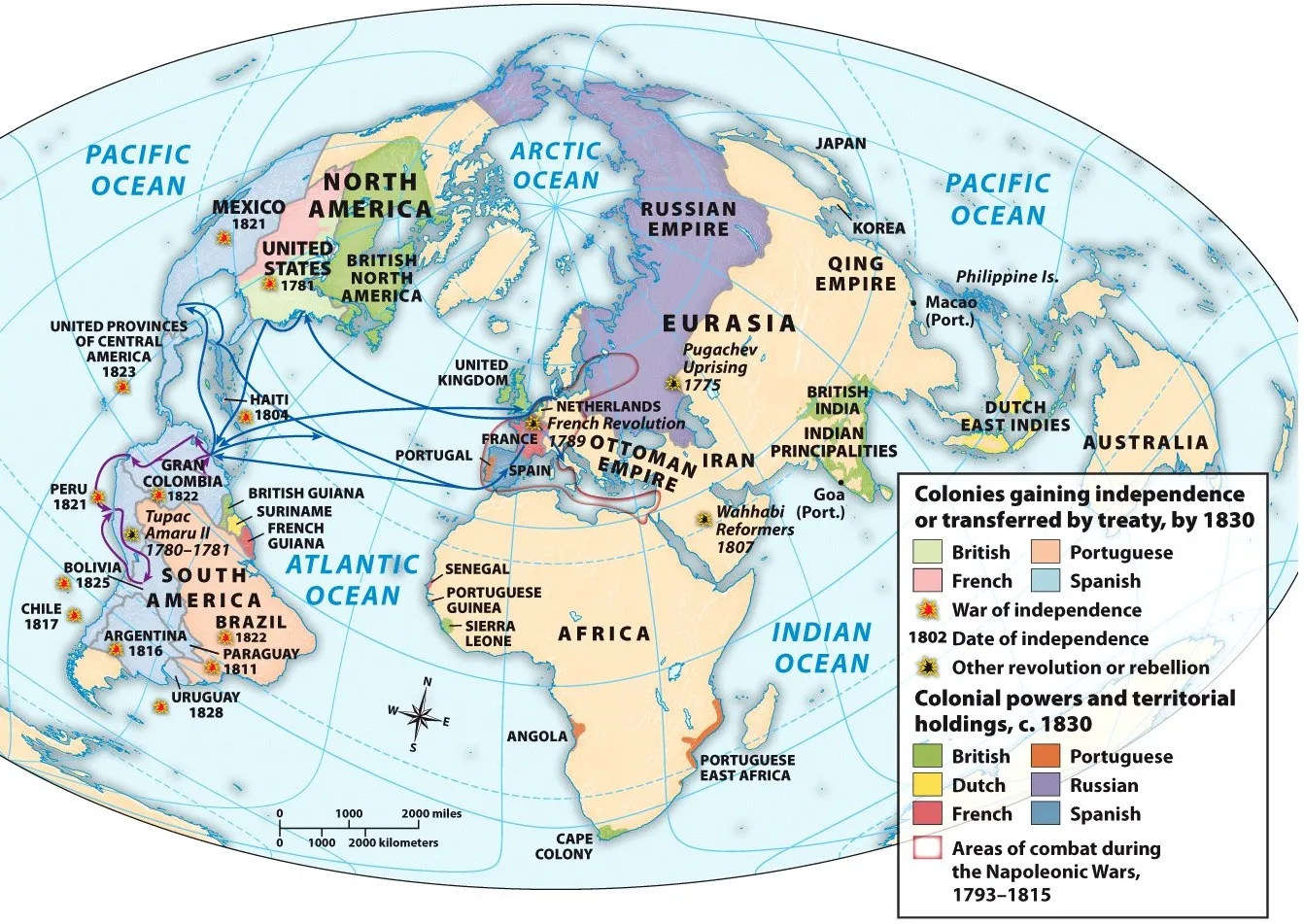
Teaching World History in the Age of Black Lives Matter
I remember listening to Nina Simone’s “Mississippi Goddam” on the night of 24 November 2014 when the grand jury chose not to indict Ferguson police officer Darren Wilson in the killing of Michael Brown. Her frustration and outrage at the murder of Medgar Evers resonated with me. It shocked
